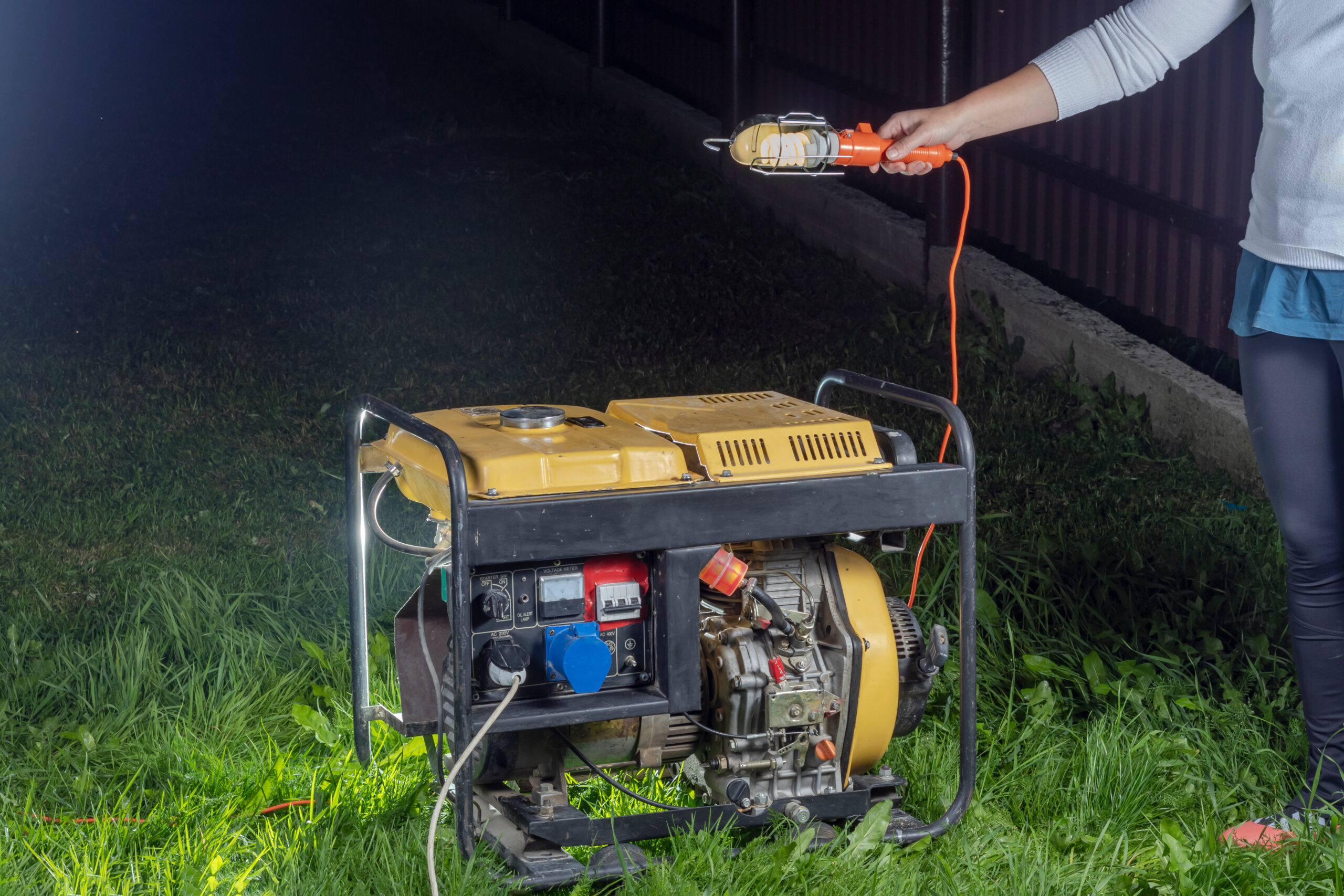Cleaning your HVAC ducts is an important part of your maintenance, After you read this you’ll know what you need to keep it running efficiently!
1. A higher level of overall air quality
An air duct system that is clean will help keep your home’s interior air clean and healthy. If your
air ducts are dirty, your home will have unclean air due to all sorts of airborne particulates. The
air coming out of the ducts can be contaminated by pollen, pet dander, mold, and mildew.
2. Allergen reduction
Your home’s air duct system can effectively control allergens, the substances that cause allergic
reactions. You can prevent or at least minimize the buildup of these substances by having your
system checked and cleaned regularly.
3. Elimination of odors
A dirty duct can accumulate odorous molecules that can spread foul-smelling air throughout the
house. Clean ducts remove odor-causing molecules, making your home smell better.
4. Reduced chances of needing repairs
It is much less likely that you will need AC repairs when your air ducts are cleaned on a regular
basis. The regular cleaning of your air ducts allows your Irving HVAC technician to keep an eye out for
any potential problems before they arise.
5. Efficient use of energy
Keep your air duct system clean and fresh to reduce your energy costs. During the summer and
winter, your air conditioner and furnace will not have to work as hard to keep your home cool
and warm. Generally, these appliances are designed to operate in a relatively clean environment.
It is possible for these units to operate at their peak efficiency by keeping their air ducts clean.
6. Mildew and mold prevention
Mold and mildew can thrive in dark air ducts due to condensation from central air conditioning.
It can have serious health consequences if left untreated. It is important to have your ducts
cleaned on a routine basis by a certified Arlington HVAC technician to prevent these unhealthy pathogens
from breeding there.
Don’t hesitate to get in touch with a professional remember “Don’t Stress, Call Blessed!”


